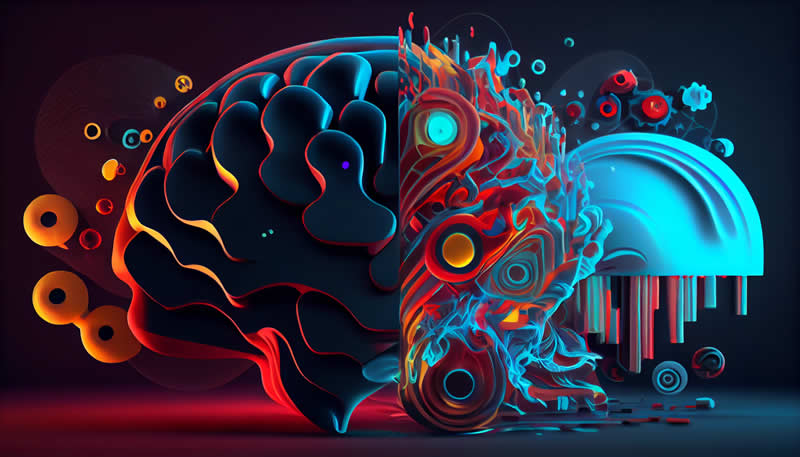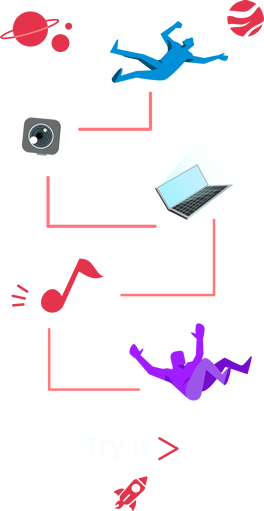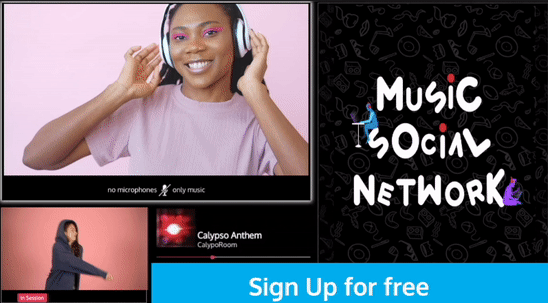AI technology and music production
The world of music making is changing. The technologies that were once available only to major label artists are now being used by independent musicians as well.
This means that there are more opportunities than ever for artists to share their art with fans, and make money from it in the process.
New possibilities for independent musicians
AI technologies have made it possible for independent musicians to access many of the services artists traditionally used to work with labels in order to release their music. As a result, there are many opportunities for content creators and producers in this space.
Whether you are a solo artist, producer, songwriter, or record label owner, there is an opportunity to combine your experience in the music industry with artificial intelligence and machine learning technologies that can help automate many of the processes involved in creating and releasing music.
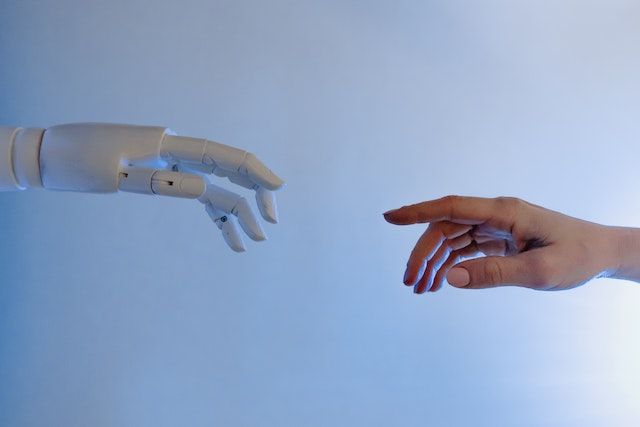
Mastering and audio mixing
As you progress through the audio production process, you'll eventually come to the final step: mastering. While there are many different ways to master a song and many different styles of mastering, there are some basics that apply across the board.
Audio mastering is the process of improving the overall sound of a song in order to make it sound its best possible quality. It's also known as mixdown or post-production mixing because it takes place after all of your tracks have been mixed together, but before they're released as an album or single.
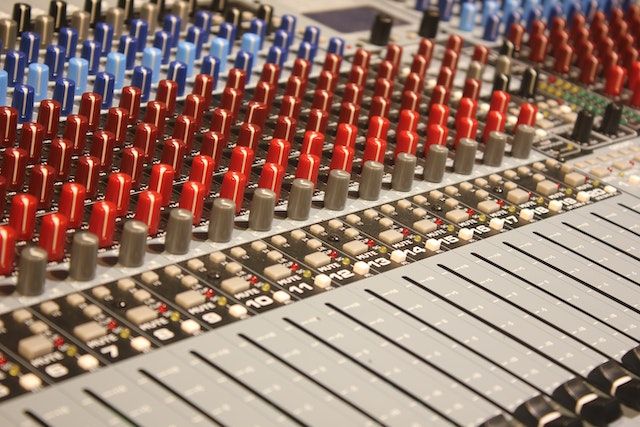
In this phase, you'll be applying effects like EQ (equalization) and compression so that each instrument sounds clear and balanced against one another. You may also decide on how loud each song should be compared to other songs on your album or playlist; this is known as volume levelling (or normalizing).
This part can take anywhere from 1 hour for simple songs with little processing up until several days if you have complex arrangements across multiple tracks with various instruments being used at once during recording sessions throughout production history!
Music theory lessons, lyric writing support, and songwriting assistance
The availability of AI technologies has also made it easier for artists to access resources like music theory lessons, lyric writing support, and songwriting assistance.
AI-based platforms have been developed that allow artists to find a sense of community while learning from online mentors and professionals who have already achieved success in the field.

These platforms provide users with personalized learning plans that cater to their individual needs and interests when it comes to music production tools but also offer them access to individuals who can help them build their careers through collaboration opportunities or even just advice on how best to approach their marketing efforts.
Many of these platforms are free and open to everyone, but they also offer paid subscriptions that provide access to more advanced features.
These resources enable artists to learn at their own pace in an environment where they feel safe experimenting with different sounds without fear of failure.
Generating lyrics
One aspect of music-making that is technically possible but has not yet been explored is using AI technology to write songs or generate lyrics. AI technology can help with the composition process, but it is not yet able to generate lyrics.
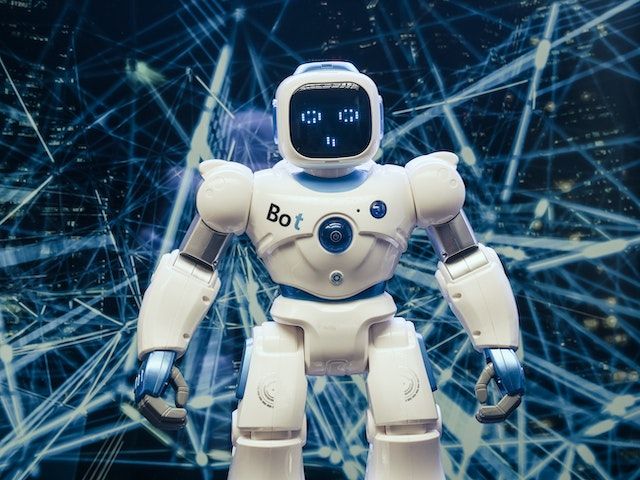
AI technology may be used to help with the creative process, but it cannot fully replace human creativity. Artists will still need to be trained on how to use these tools properly, and, if they want more freedom in their creative process, will also need a basic understanding of how AI works.
AI and the music industry
The music industry has been ripe for disruption for a long time. The advent of the internet gave rise to illegal downloading and free streaming services like Spotify, which have cut into profits from physical sales and digital downloads alike.
AI technology can help reverse this trend by providing greater transparency around royalties paid out to artists, ensuring that creators receive fair compensation for their work.
The internet has made it easier than ever before for people around the world to access music they like and create their own content based on what they hear.
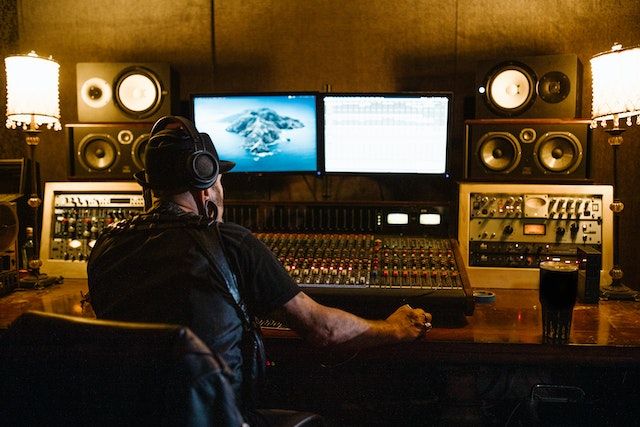
While new technologies make it possible for musicians who might never have had the chance to release music before to share their art, it also adds new pressures for musicians who are already making a living from their craft. The internet has created an abundance of content that requires these artists to be more creative than ever in order to stand out and be heard.
Thanks to AI-based technology listeners can now find niche music with just a few clicks. This means that independent artists need to spend more time on marketing their music and promoting themselves.
Real artists Vs. machines
Musicians need to be more efficient with how they spend their time if they want to stay productive while still getting paid enough money at the end of each month or year in order not only survive but thrive professionally as well!
There are a few potential concerns about AI technology, including the possibility that algorithms will have personal biases, and that artists may face higher expectations about creating content quickly if algorithms can help them produce more work faster.
But how can artists avoid being replaced by AI technology? And how can they use it to their advantage?
One way is to think of AI as a tool—one that could open up new opportunities for musicians to collaborate with each other in ways they never could before. Although this sounds like something only other geeks would appreciate (or even notice), there's no denying that these developments represent huge leaps forward in music production technology overall!
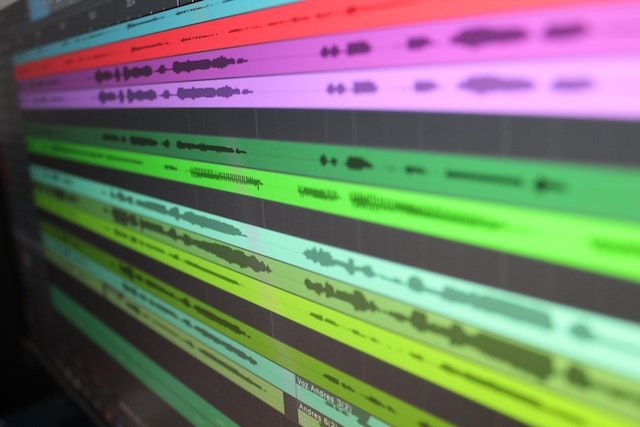
For example, a songwriter might use artificial intelligence to guide them through creating their next hit single. Or if an artist is feeling stuck on an idea, they can try out different variations until something clicks.
AI technology and music production - Conclusion
The world of music is changing rapidly, but the need for human creativity hasn’t gone away. AI technologies can help artists create more interesting and complex works, but they won’t replace musicians.
Instead, these tools can serve as an extension of their artistic expression. The best part about all this? They're available for anyone with an internet connection!
Please visit our blog area if you liked this post and want to read more regarding dancing and general information about the music business.
You're here because you love music, so please try to listen to it together with your friends or strangers, at the same time, connected by webcam in CalypsoRoom.
In CalypsoRoom we believe music is the most powerful tool to bring people together, and for this reason, we developed an online music social network where you can connect with friends or strangers while listening to music simultaneously, connected via webcam. Check it out.
Thanks for reading,
CalypsoRoom Team
back
Written by CalypsoRoom Editorial Team
The CalypsoRoom Editorial Team is a skilled and diverse group of writers, researchers, and industry specialists who have access to Calypso's data and information in order to give you broad knowledge about the music industry as well as helpful advice to help you manage your music and dancing career.
Updated January 2023

